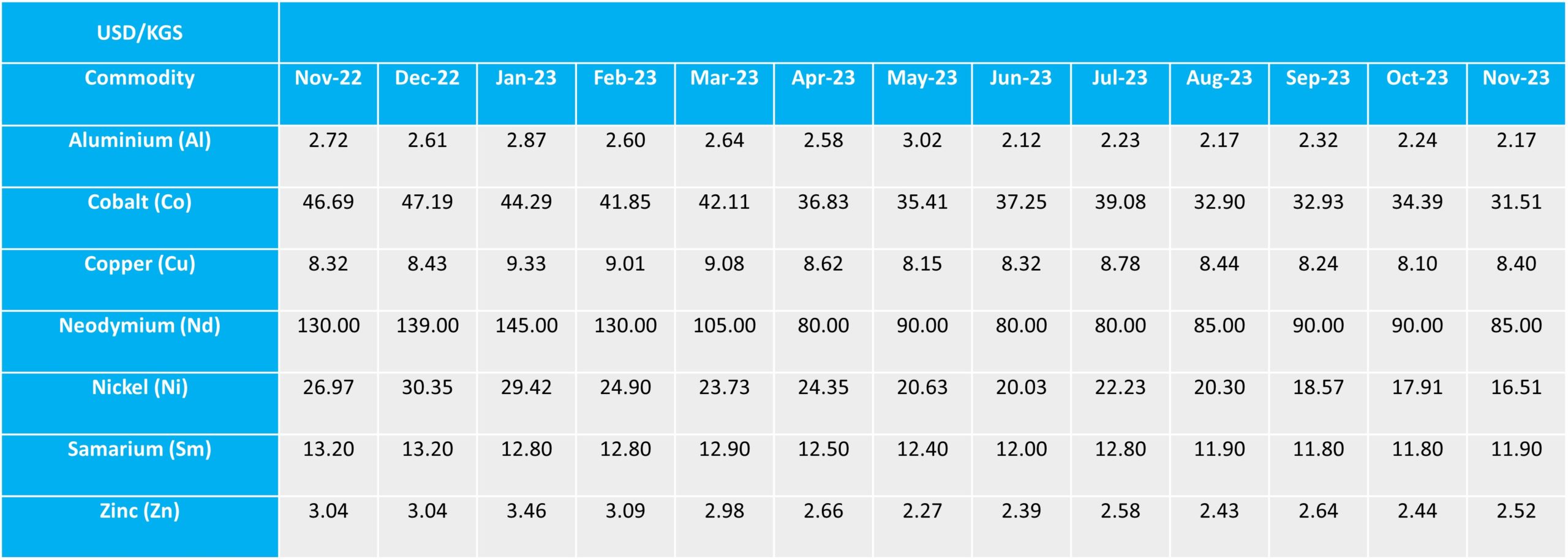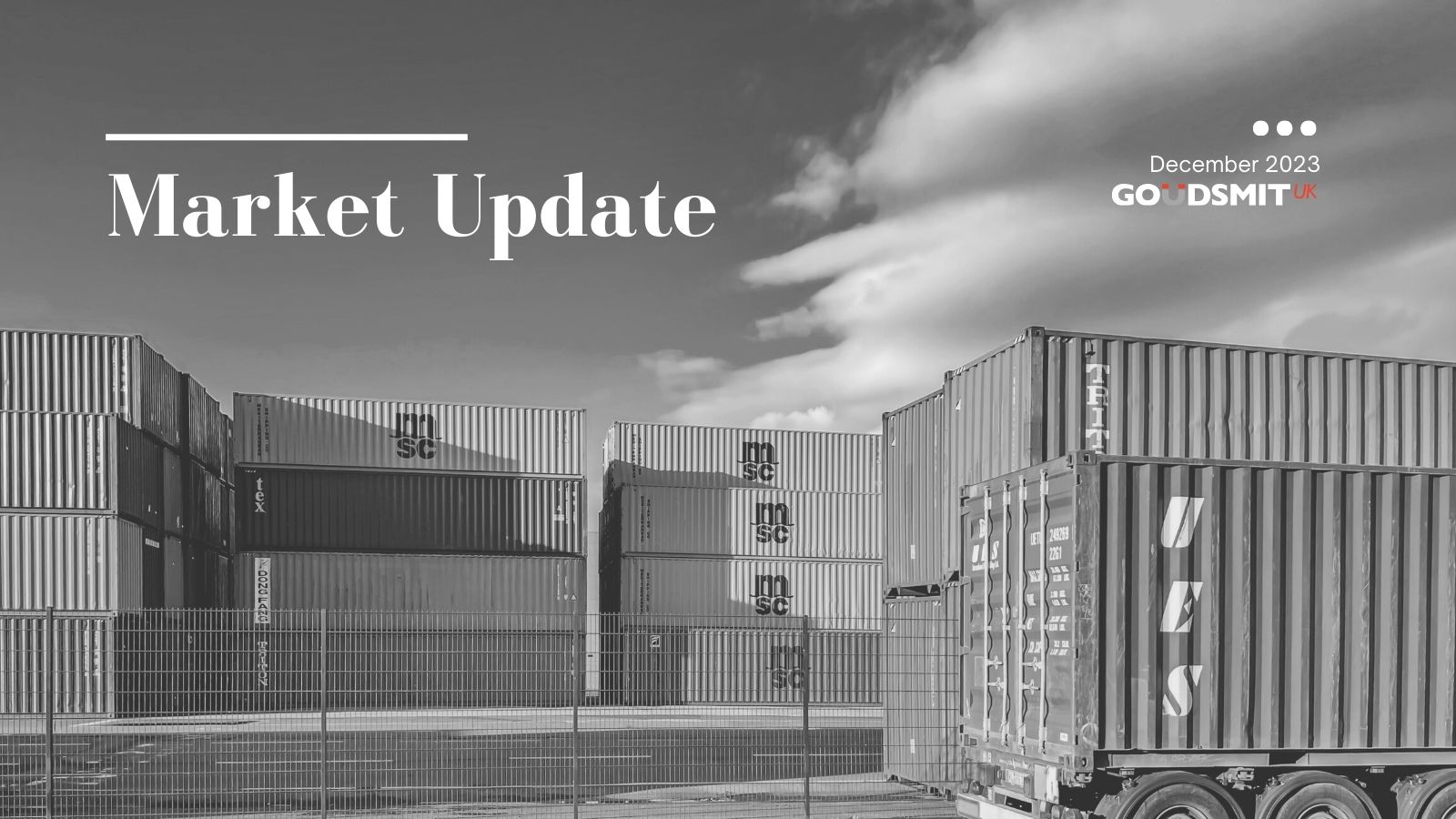Currency
The week ahead is likely to bring elevated market volatility, courtesy of impactful and high-risk events on the economic calendar.
Pound Sterling traders will be bracing themselves for one of the most eventful weeks of this year. Also studded with major global central bank final monetary policy announcements.
The Fed is set to announce a rate on-hold decision on Wednesday. Followed by the BoE’s steady policy announcement on Thursday. This time around, it’s not just the interest rate decision, the former will publish the Statement of Economic Projections (SEP). The so-called Dot Plot chart, which will be key to gauging the central bank’s interest rates outlook next year. Meanwhile, the BoE’s communication in the policy statement will be closely scrutinised. As both, the Fed and the BoE, are expected to embark on the rate cuts trajectory in 2024. The next direction of the GBP/USD pair hinges on the Fed-BoE policy outlooks but volatility is set to remain intense.
Ahead of these events, the top-tier Consumer Price Index (CPI) inflation data from the US and the employment report from the UK are likely to provide some trading impetus on Tuesday. On Wednesday, the UK monthly GDP data could entertain Pound Sterling markets in the lead-up to the Fed showdown.
Meanwhile, the Retail Sales and weekly Jobless Claims will fill up the US docket on Thursday, following the BoE policy outcome. The European Central Bank (ECB) is also due to announce its interest rate decision that day.
Friday will feature the S&P Global preliminary Manufacturing and Services PMI data from the US and the UK. Also, the mid-tier US Industrial Production data will be released before the US PMIs.
Sources – Daily FX & FX Street
Production & Freight Update
Last week, ocean rates from Asia to North Europe dropped by 6%, marking a 17% decrease from 2019. Carriers are under pressure to raise spot rates on this route, which typically sets the annual contract levels finalised by year-end. While Q3 Asia-Europe volumes surpassed last year’s figures, they declined compared to Q2, a period when imports usually rise due to peak season demand. Carriers responded by reducing capacity through blank sailings. Thus, resulting in a 21% cut in scheduled Asia-North Europe capacity for November (with a 24% reduction planned for December). However, despite these efforts, capacity remains 11% higher than in 2019. Highlighting the challenge posed by expanding fleets and weakening demand.
Carriers are determined to increase rates, with some announcing significant General Rate Increases for mid-December. Some carriers are extending current annual contract terms through January to allow more time for spot rate improvements. Strengthening their position in crucial contract negotiations for profitability in 2024.
Security issues in the Middle East Gulf and Red Sea are affecting container supply chains. Major carriers, including Maersk Line and Zim, are taking safety measures, with Maersk diverting two vessels & Zim altering the course of one vessel to avoid the Suez Canal, resulting in over a week of delays. These actions aim to reduce exposure to security threats in the region, following recent incidents. The involved vessels are owned by XT Shipping, controlled by an Israeli billionaire.
Currently, port operations are running smoothly with a vessel waiting time of 2-4 days. However, there is a shortage of 20’GP containers at MSK this week. Fortunately, there are no weather disruptions, but space constraints are evident as the available area is occupied by empty units.
As the Christmas holiday draws near, the congestion on European and US routes is intensifying. Therefore, leading to a surge in air freight rates, reaching their peak for the year. Airlines across the board are grappling with a backlog problem.
Despite global air cargo volumes seeing an increase in October, the usual seasonal boost is only about a third of its typical size. However, data from the Freightos Air Index indicate that China to North America rates surpassed $6/kg last week. Thus, indicating strong demand for Black Friday, Cyber Monday, and holiday shopping in December. Ongoing capacity constraints on the transpacific route are likely amplifying rate increases. In the China to North Europe route, prices rose by 6% to $4.47/kg, reaching their highest level since April, with reports attributing much of the recent rate rebound to e-commerce imports.
Airport operations & hauliers are currently working as normal, with no flight cancellations or weather disruptions. Space however is still very tight due to the increasing volume of eCommerce cargo and the approaching Christmas holiday.
Weather
Winter has arrived in the UK and Europe this week. Substantial snowfall has led to widespread disruptions across parts of the UK, Germany, Austria, and the Czech Republic resulting in cancellations of trains and flights. Recent news and visuals underscore the high winds, persistent rain, and cold temperatures synonymous with winter storms. Unfortunately, these weather conditions can present significant challenges for the logistics industry, where sudden and severe changes in weather patterns may disrupt and delay freight movement planning.
The impact of extreme weather on maritime shipping operations is profound. Storms have the potential to alter planned routes, leading to delays in passage and necessitating smaller vessels to seek shelter. Such disruptions pose risks to cargo safety and result in shipment delays. Route deviations often delay port arrivals, lead to ports being bypassed, and result in missed connections. These changes trigger a ripple effect that worsens congestion at destination ports. Despite the advancements in vessel technology to withstand adverse conditions, they remain susceptible to the effects of severe weather.
The productivity of UK airports is not exempt from the winter challenges. Adverse weather conditions and reduced daylight hours can impede the timely unloading of cargo from aircraft. In an industry where time is of the essence, even a one-hour delay can have significant consequences. Particularly for budget airlines where service punctuality may be less prioritised.
Extreme weather conditions also cast a shadow over the UK road network, causing additional congestion, especially on major transportation routes. Similar challenges extend across major routes in Europe when severe weather conditions prevail beyond the UK borders. The logistics industry must navigate these seasonal challenges to ensure the smooth flow of goods amidst the unpredictable winter weather.
Commodity Rates

At the end of November, Goudsmit UK observed a diverse range of fluctuations in their tracked commodity rates. In turn, reflecting the market volatility. Notably, there was a decrease in several key commodities. Neodymium experienced a significant drop of 5 USD/KGS, Cobalt followed with a decrease of 2.88 USD/KGS, Nickel saw a decline of 1.4 USD/KGS, and Aluminium recorded a modest decrease of 0.07 USD/KGS. On the other hand, some commodities registered increases. Copper led these gains with an increase of 0.30 USD/KGS. hile Samarium and Zinc also showed upward movements, rising by 0.10 USD/KGS and 0.08 USD/KGS respectively. This mixed pattern of commodity rate changes underscores the complexity and volatility of the materials market as observed by Goudsmit UK at this time.

The global oil market witnessed a notable decrease in Brent Crude Oil prices, with a drop of $4 per barrel. This decline reflects the market volatility, influenced by a complex interplay of geopolitical tensions, shifts in supply and demand, and broader economic indicators. Such a decrease in Brent Crude, a major benchmark for oil prices worldwide, has far-reaching implications, potentially impacting everything from transportation costs to the pricing of goods and energy. For businesses and consumers alike, the market volatility highlights the necessity of staying informed and adaptable in an ever-changing economic landscape. This price drop could signal a relief for some industries in terms of lower operational costs, while also posing challenges for oil-producing economies and sectors.
As we move forward, monitoring the market volatility remains crucial for understanding and predicting the impacts on the global economy.
Goudsmit UK Response
Goudsmit UK continue to communicate with all customers proactively, fostering our long-term partnerships, managing expectations, and providing multiple solutions, allowing our customers to make conscious decisions when balancing cost versus supply chain risk.
Freight forwarders are trying their best to move goods on schedule without additional fees, but in this unstable period, delays and additional charges can occur out of forwarders’ control. We therefore continue to advise all customers at the point of quotation and order confirmation of the extended lead times so that they can be factored in when planning. We would request that you review your current requirements and advise of any issues asap and would urge you to review your requirements for 2024, at the earliest opportunity.
Whilst freight delays are unavoidable at this time, we are working with our customers by holding larger volumes of UK stock for longer and would encourage that a minimum of 8-10mths of buffer stock is considered when re-ordering new production to help reduce the impact of freight delays and lessen the potential requirement for costly airfreight.







